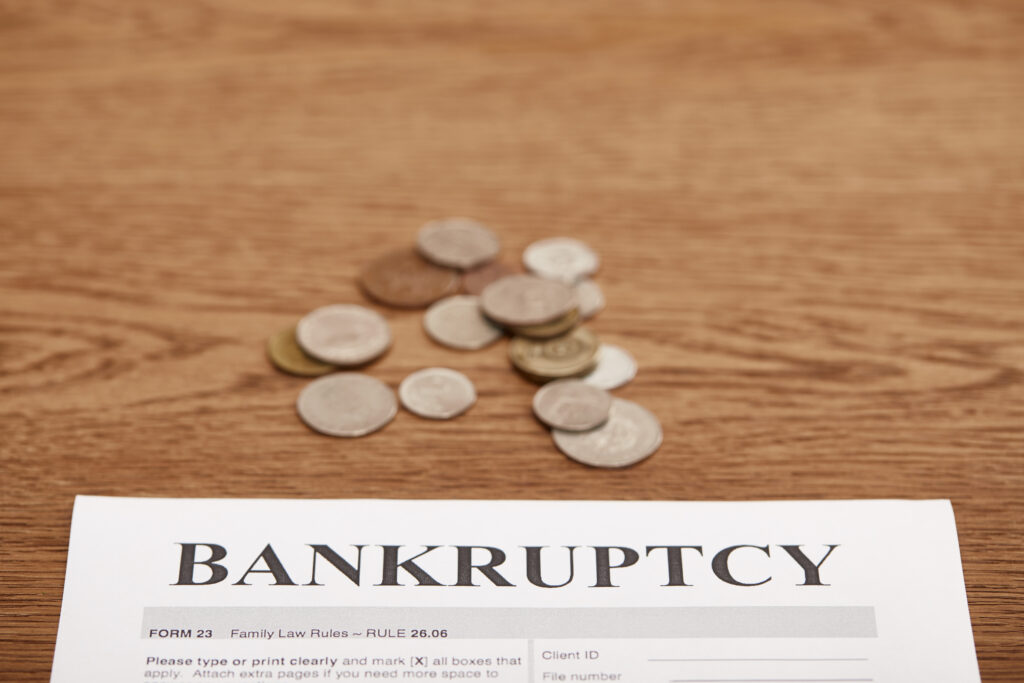
Financial hardships can happen to anyone, often leading to the difficult decision of filing for Chapter 7 bankruptcy in Virginia or Chapter 13. A common concern for many considering this step is the potential risk to their social security benefits. After all, social security is a crucial safety net for countless individuals, particularly the elderly and those with disabilities. Let’s explore the relationship between bankruptcy filings and social security benefits, particularly in Virginia.
Social Security Benefits and Bankruptcy
Social Security benefits are a lifeline for millions of Americans. They represent hard-earned contributions over years of employment and provide essential financial support for retirees, the disabled, and survivors of deceased workers. But what happens when you face financial turmoil and consider bankruptcy? Will your social security benefits be at risk?
The Basics of Chapter 7 Bankruptcy
Chapter 7 bankruptcy, often termed “liquidation bankruptcy”, involves the sale of a debtor’s non-exempt assets by a trustee. The proceeds from this sale are used to pay off creditors. Chapter 7 is generally intended for those with few or no valuable assets and provides a way to get a fresh start by discharging most unsecured debts. But the pressing question remains, will your social security benefits be involved in this?
The Basics of Chapter 13 Bankruptcy
Unlike Chapter 7, Chapter 13 bankruptcy in Virginia is about reorganizing and creating a payment plan to repay some or all of your debts over three to five years. This type of bankruptcy is typically suitable for those with regular income, allowing them to hold onto valuable assets like a home or car. But how does this process treat social security benefits?
Why Social Security Benefits are Generally Exempt During Bankruptcy
Federal law typically protects Social Security benefits from being counted as an asset in bankruptcy. In essence, Social Security funds are exempt, meaning they cannot be taken by creditors or trustees. This protection is provided because these benefits are often the sole source of income for many people, and it would be unfair and counterproductive to deprive them of this vital resource.
State Laws for Virginia Can Impact Proceedings
In Virginia, the exemption for Social Security benefits is in line with federal laws. However, a unique aspect that Virginians should be aware of is the protection of “commingled funds.” When Social Security benefits are mixed with other funds in a single bank account, Virginia law still offers protection to those benefits, provided one can trace the source of those funds back to Social Security. Nonetheless, it’s always advisable to keep your Social Security benefits in a separate account to avoid complications.
The Importance and Benefits of Working with a Bankruptcy Attorney
Filing for bankruptcy is a complex process with potential pitfalls. A misstep can jeopardize your assets, including those you assumed were safe. Working with an experienced bankruptcy attorney can offer you guidance, clarity, and peace of mind. They can help you understand the nuances of your state’s laws, and commingled funds, and ensure that your rights and assets, including your Social Security benefits, are protected.
Contact The Law Offices of Robert S. Brandt to Request a Consultation About Chapter 7 Bankruptcy in Virginia and MoreIf you’re in Virginia and are considering bankruptcy or have concerns about your social security benefits, reaching out to a professional is the first step. The Law Offices of Robert S. Brandt have the experience and expertise to navigate these challenging waters. Don’t leave your financial future to chance; request a consultation and get the support you need today.
